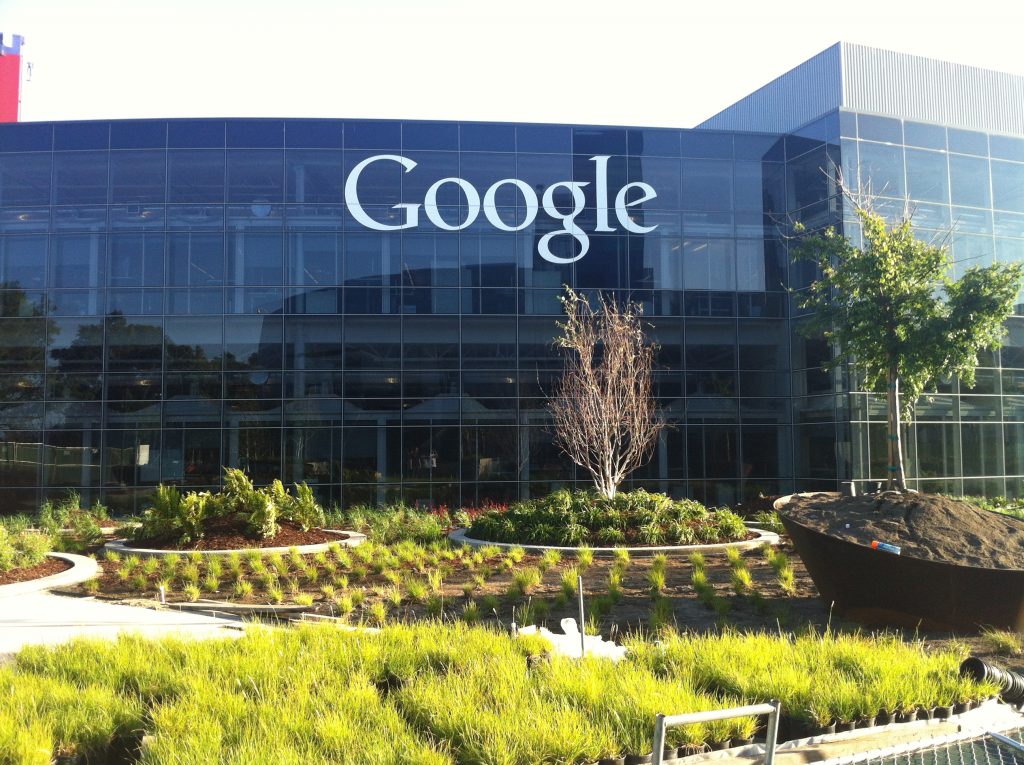By Žikica Milošević
Films like “Hackers” from the 1990s showed the world, in a somewhat naïve way, that computer programmers are people who do not tolerate harsh discipline, who never grow up and who need creativity to make a discovery. All of this often happens through playing, socializing and innovation by way of atypical discipline, or rather on the verge of disorder.

In fact, what matters in the IT business is performance. Performance metrics are often very strict, especially when it comes to coding. However, many artists have said that IT people are the most similar to artists. The inspiration for a revolutionary solution that will surpass the competition can come suddenly, and found out of the workplace. Once the performance metrics are executed, we conclude that the solution is excellent. Thinking outside the box is becoming a mantra of modern business, and it is especially felt in creative business, such as the IT, as depicted in the comedy “The Internship” (2013).
ere are some successful tactics. One of them is big companies having game rooms. Once a developer becomes fed up with the work, they can go to a game room, have fun or just plump themselves down on lazy bags, play pool or pinball machines or whatever the particular game room has. This allows developers to reset and continue working more creatively, without having to constantly stare at the computer. This also builds security and self-confidence within the group.

The concept of psychological safety was common to all successful groups at Google. That is, in each group each participant is free to contribute equally (in whatever way works the best for the team) and each individual is sensitive to others’ feelings. Freedom and flexibility is one of Google’s mottos, and it has prevalence over the company’s strategy. It is, in fact, the company’s strategy. Job applications to work at Google are said to number 2.5 million a year. The company believes that a positive environment will attract talent and instil loyalty – an approach that is born of the competitive Silicon Valley setting of its headquarters. Also, reorganizations are avoided as 50% of employees never understand why reorganization is necessary. Passion projects are very important; not everything has to be a pre-set paid goal and task. Google allows its employees to spend 20% of their time working together on passion projects that they believe would benefit Google. The development of Google News and Gmail are two examples of successful projects that emerged from that 20%.